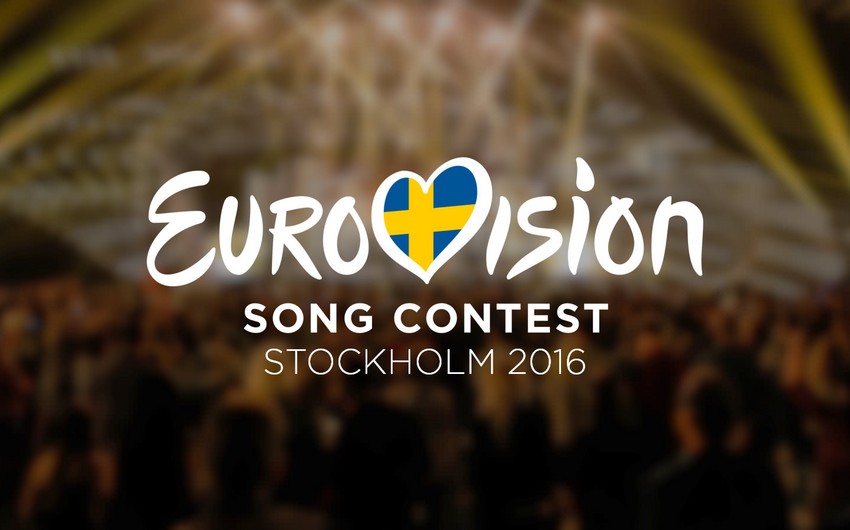Baku. 29 April. REPORT.AZ/ The European Broadcasting Union (EBU) has released the official guidelines for the use of flags during the Eurovision Song Contest 2016 in Stockholm. But as well as the usual size restrictions, there is now a list of specifically prohibited flags – and that’s left some groups unhappy, Report informs citing the EBU.
The usual size restrictions apply. Flags without a stick must be no bigger than 120 x 80 cm, and flags with a stick must be no bigger than 60 x 40 cm, with the stick no bigger than 50 cm and made of plastic. This is to ensure that flags don’t end up blocking camera shots or getting in the way of other audience members.
And as usual, there are limits to the types of flags that can be used. The EBU has limited it to flags of the 42 participating countries, as well as recent participants (yes, Romania, you shall go to the ball!). Also allowed are the national flags of other countries, as long as that country is a member of the United Nations.
The rainbow flag (also known as the LGBT pride flag) and the European Union flag are also allowed (or “tolerated”, as the policy states), but only if they are not “used as [a] tool to intentionally make a political statement during the show”. So don’t go waving that EU flag during Joe and Jake’s song.
But banned are local, regional or provincial flags, ones with commercial messages, political or religious statements, flags of disputed territories, offensive statements, non-English statements, and other high objects (such as selfie sticks) that may obstruct views.
The banning of flags of local, regional, provincial or disputed territories is causing a bit of controversy for some affected areas.
The policy lists a few examples of banned flags, including the Nagorno-Karabakh, Kosovo, Crimea, Palestine and Basque flags. And it’s the inclusion of the Basque flag (also known as Ikurriña) that’s caused offence, with of the main Basque political parties, EH Bildu, making a complaint to the Swedish embassy.
Much of the complaint stems from an earlier version of the policy which included the Islamic State flag alongside the examples of area flags, seemingly equating the Basque flag with that of a terrorist group.
The document has since been updated and now lists the Islamic State flag in a separate “strictly prohibited” area.


 https://images.report.az/photo/9bf81144-d929-4c4b-a2c3-f5783d0e792e.jpg
https://images.report.az/photo/9bf81144-d929-4c4b-a2c3-f5783d0e792e.jpg

